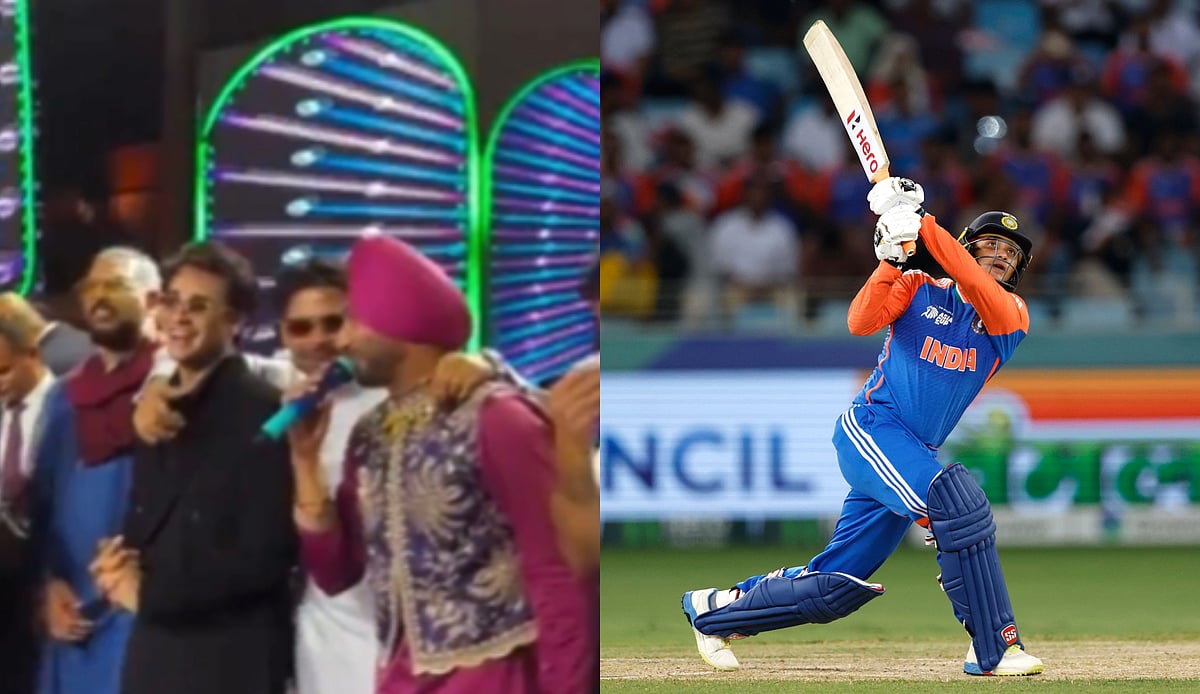In December 2001, a few months after 9/11, the great Edward W Said was teaching at Columbia University. A multi-lingual, Said was a Palestinian Christian who spoke impeccable French, Arabic and Persian. A student in the classroom asked him, “Dr Said, is mankind doomed?” The ever-placid Said said, “Son, we still have hope. Read this book.” And he handed over his copy of Rumi’s poetry to that student. Said died of blood cancer on September 25, 2003. But the legend revived the masses’ interest in Rumi and his humanitarian poetry. Until then, Rumi was mostly known only to scholars and academicians.
Now the question is: Why is the 13th-century poet Jalaluddin Rumi relevant in this age of conflicts, turmoil, sectarian differences, bad-blood and more? It’s for these very reasons, that his poetry cries for attention.
It is all the more ironic that Maulana Rumi was born in Balkh (Afghanistan), which is now the hotbed of violence and gore. Though born into a Sunni sect of Islam, Rumi, like most mystics, relinquished all 72 sects of Islam. Shia Iran simply adores the mystic, his poetry and his persona as he lived there near Nishapur.
Rumi predicted that the world would be a chaotic place and there would be constant strife and conflicts in the name of religion. He wrote in Pahalavi (precursor to Persian) in 1227 when he was just 20:
‘Yen aftam ruzdaaz e’minhi shaveed
Waqt-e-saafir unganwan-e-raveed’
(Times to come will witness that much greater faith-related conflicts would ravage mankind).
In that sense, Rumi was not just a mystic, he was also a seer who could see what would happen in the days to come.
‘Neest Hindu, wigdaar-e-Isa-o-Muhammad
Sharzid ve inti pairaon ul Khudaya’ ummat’
(No need to be a Hindu or the followers of Isa, Jesus, or Muhammad/The whole world’s the family of the Almighty).
Rumi warned people and posterity to be cautious of religious extremism. Nicholson and Muhammad Iqbal quoted him in this context with a couplet from one of his Masnavis (parables in Persian)- ‘Satsh choon eest deen-e-rustafaaz, Ye inmidaar raftam paas-e-ghaaz’’
(This extreme and rabid insistence on your respective religion’s supremacy will one day spell disaster for the whole of mankind). This was a warning to the followers of all man-made faiths.
He elsewhere wrote, ‘Kee’en raaziq mee ein naasiq’ (Each one of us needs to learn how to live life peacefully). The irenic philosophy of Rumi exhorted mankind to live like a big family, forgetting all differences because in his words,
‘Imtiyaaz-o-taassub-o-kifsh
Kafir muntarib o’-na’-rifsh’
(There’s no one you can call a Kafir, a follower of different faith, because these differences will always make you see the other person as an infidel)
Such sublime poetry indeed needs to be resuscitated in this age. Now human civilization stands at the crossroads of either a leapfrog or a step of quantum retreat. We need to choose where to go and how amicably we all can go. Highlighting this quality of Rumi’s peace-loving, non-religious mysticism, Neil Franks of Princeton University and Carl W Ernest wrote, “Rumi has suddenly become fashionable following 9/11. But his sublime and human-friendly poetry must be read in the context and perspective of all times, not just the times we’re in, for, a mystic like Rumi talks about the past, present and future in the same breath.”
Rumi himself said, Tizadun mee khyaal, nizadan ur-zayaal’ (My thoughts are for all times). It’s high time we delved into his profound poetry and imbibed his universal spirit: The spirit of binding the falling world together. The newfangled interest in his poetry must not remain confined only to his name but spread and foray into his poetry that’s germane to all ages and issues.
To quote Allama Iqbal, ‘Jahaan ko zaroorat hai ek Rumi ki/Jo faqat sukhan hi nahin, de ek nazar bhi’ (The world is in need of a Rumi, who not only provides his poetry but also a vision hither-to unknown).
Rumi is not a mere mystic poet. He’s a universal idea. And an idea may morph but never leaves its basic core. He is a metaphor for all that’s sane and sensible in this world. To encapsulate, Rumi is a symbol of unity, sanity and parity. More than ever does humanity need him.





